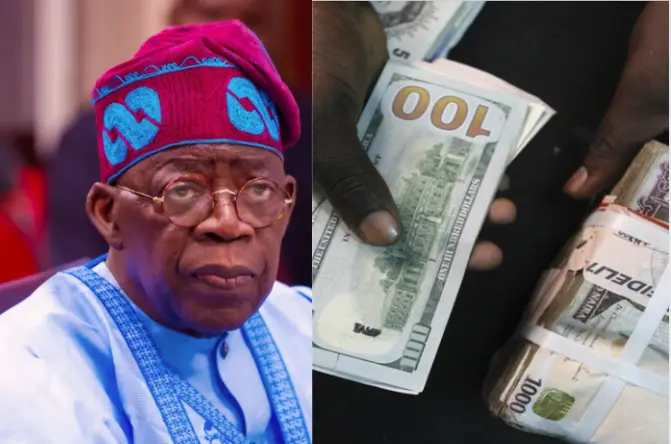Again, the government of Nigeria under President Bola Ahmed Tinubu administration is seeking $1.5 billion in aid from the World Bank. This time, the government said the objective is to leverage the loan to tackle the severe dollar shortage contributing to the decline of the naira.
“We’re hoping to get $1 billion or $1.5 billion from the World Bank” for budgetary support, Finance Minister Wale Edun told Bloomberg on Wednesday. According to the minister, Africa’s largest economy may also issue a Eurobond in late 2024, adding that with the current economic reforms, the country deserves support.
Eurobonds, denominated in foreign currencies, offer Nigeria a mechanism to navigate its financial landscape amidst challenging economic conditions. The minister said, “It is a matter of discussion at the moment, but we think we will get the support because we are continuing with our reforms.”

Nigeria has issued Eurobonds in the past to raise debt to fund infrastructure and boost its economy. In 2022, Nigeria entered the international debt markets with a $1.25 billion Eurobond issuance, marking its eighth venture into this financial arena, according to the Debt Management Office.
Subsequently, in the following year, the country redeemed a $500 million Eurobond issued in July 2013 as part of a dual tranche of $1 billion, held for a tenor of ten years at a coupon of 6.375 percent per annum.
During a press conference in October 2023 at the World Bank/International Monetary Fund Annual Meeting in Marrakech, Morocco, the minister mentioned that the $1.5 billion World Bank loan would come with a zero-interest rate.
Nigeria is currently battling with about N87 trillion in debt, which the International Monetary Fund said was “manageable,” but noted that the interest payment was high for the country. The minister said the new World Bank loan would be used to finance development, disclosing that the facility would be disbursed to Nigeria very soon.
He said, “On the talks with the World Bank on $1.5 billion budget support, that is correct. The World Bank is the number one multilateral development bank helping developing countries or funding developing countries, projects, programmes, and sectors.
“It has free money through the International Development Association. It is for the poorer countries, and right now, I think we qualify as one of the countries that can borrow from the normal window of World Bank funding, but also some concessionary IDA funding, and that means that effectively, the interest rate will be zero.”
Nigeria has nearly $7 billion in forex forwards that have matured, a major concern for investors, but the Central Bank of Nigeria has promised to pay up to boost confidence in the foreign exchange market. But the apex bank recently disbursed $2 billion to settle a backlog of outstanding foreign exchange forwards, emphasising its commitment to enhancing liquidity and stability in the foreign exchange market.
In the face of mounting economic challenges, Nigeria grapples with a budget deficit fuelled by factors including soaring fuel subsidy costs, burdensome debt servicing, and restrained public spending. The 2024 fiscal year budget stands at a hefty N28.7 trillion, accompanied by a deficit of N9.18 trillion, equivalent to 3.88 percent of the nation’s gross domestic product.





